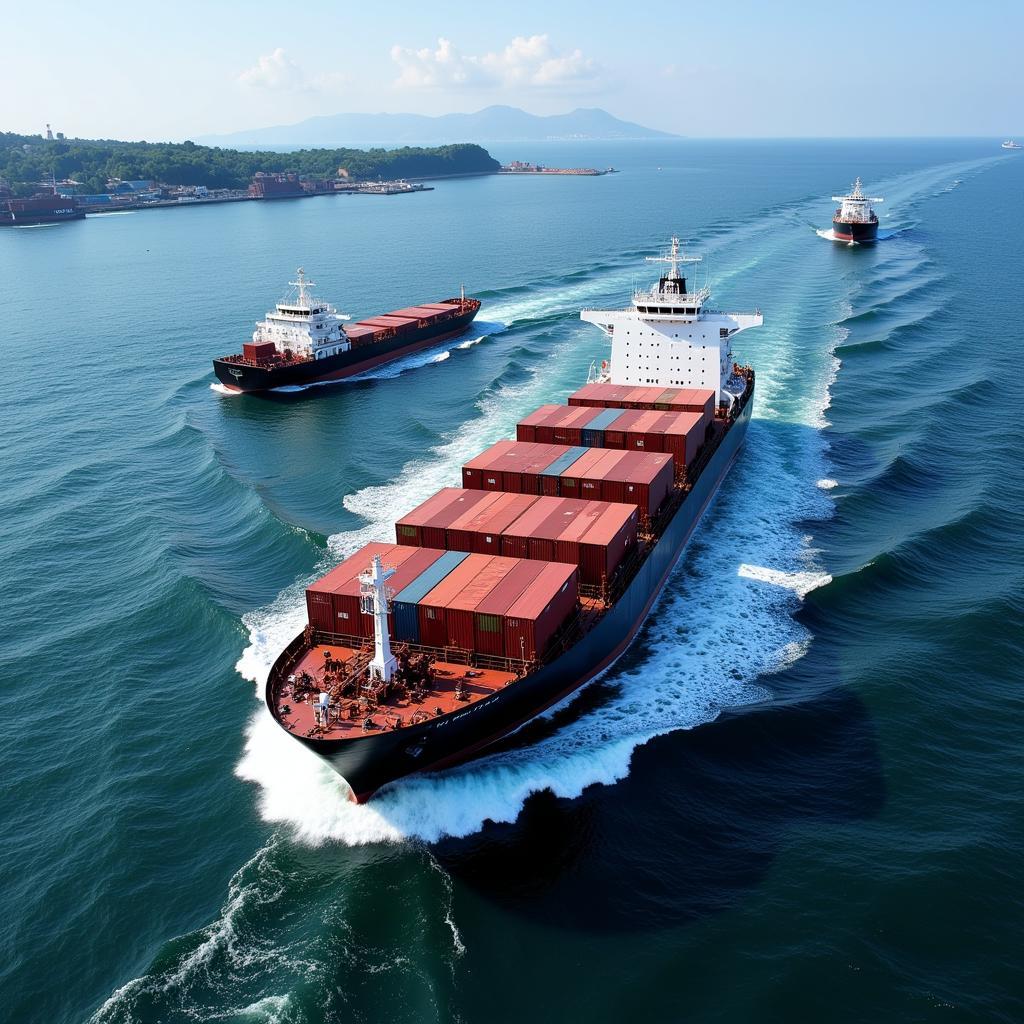Maritime Law Society is a complex yet fascinating field that governs the many activities occurring on the world’s oceans and waterways. From international shipping and trade to marine environmental protection and maritime disputes, the maritime law society plays a crucial role in regulating these diverse areas, ensuring fairness, safety, and sustainability. This article delves into the depths of this legal domain, exploring its key aspects, challenges, and the importance of organizations dedicated to its development and application. After the introduction, we’ll explore further about societies related to maritime activities like the society of accredited marine surveyors.
What is a Maritime Law Society?
Maritime law, also known as admiralty law, is a distinct body of law that governs maritime activities, including navigation, shipping, commerce, and other activities related to the sea. A maritime law society, therefore, is typically an organization comprised of legal professionals, academics, industry experts, and other stakeholders interested in promoting the study, development, and uniform application of maritime law. These societies often serve as platforms for discussion, research, and advocacy related to legal issues affecting the maritime industry.
Key Areas of Maritime Law
Maritime law encompasses a wide range of issues, including:
- Shipping and Navigation: This area covers regulations related to the construction, registration, and operation of ships, as well as rules of navigation, collision avoidance, and maritime safety.
- Maritime Commerce: This includes laws governing contracts for the carriage of goods by sea (such as bills of lading), marine insurance, and maritime liens.
- Marine Environmental Protection: This area addresses legal frameworks for preventing and mitigating pollution from ships, conserving marine biodiversity, and managing marine resources.
- Maritime Disputes: This involves legal procedures for resolving disputes arising from maritime activities, including collision claims, cargo damage claims, and charterparty disputes.
 Maritime Law and Shipping Navigation
Maritime Law and Shipping Navigation
The Role of Maritime Law Societies
Maritime law societies play a crucial role in shaping the future of maritime law and promoting best practices within the industry. Their functions often include:
- Education and Training: Many societies offer educational programs, seminars, and conferences to enhance the knowledge and skills of maritime law professionals.
- Research and Publications: Societies often support research initiatives and publish journals, articles, and books on contemporary issues in maritime law.
- Advocacy and Policy Development: Societies can engage in advocacy efforts to influence policy decisions related to maritime law and promote the harmonization of international maritime regulations. You might also be interested to learn about the society of maritime arbitrators.
- Networking and Collaboration: Societies provide a platform for networking and collaboration among maritime law professionals, academics, and industry stakeholders.
The Importance of International Cooperation
Given the global nature of maritime activities, international cooperation is essential for the effective implementation of maritime law. International conventions, such as the United Nations Convention on the Law of the Sea (UNCLOS), provide a framework for international cooperation and harmonize national maritime laws.
Challenges Facing Maritime Law
Maritime law faces numerous challenges in the 21st century, including:
- Piracy and Maritime Security: Piracy and armed robbery at sea remain significant threats to international shipping and trade.
- Climate Change and Environmental Protection: Climate change poses several challenges for maritime law, including rising sea levels, extreme weather events, and the need for greater environmental protection.
- Technological Advancements: Rapid technological advancements, such as autonomous ships and the increasing use of digital technologies, require adjustments to existing maritime regulations. Have you read about the buccinese society?
Navigating the Future of Maritime Law
“The evolving maritime landscape necessitates a continuous adaptation and development of the legal frameworks governing our oceans. A strong maritime law society can be instrumental in navigating these changes,” says Dr. Amelia Carter, a renowned maritime law expert at the International Maritime Law Institute. Another helpful resource for maritime law is the lewes historical society.
Conclusion
The maritime law society plays a vital role in maintaining order, promoting safety, and ensuring sustainability within the maritime domain. As the maritime industry continues to evolve, it is essential for maritime law to adapt to address the emerging challenges and opportunities. By fostering collaboration, promoting education, and advocating for effective legal frameworks, maritime law societies contribute significantly to a safer, more sustainable, and just maritime future. Organizations like the lewes historical society main campus can provide additional historical context.
FAQ
- What are the key areas of maritime law?
- What is the role of a maritime law society?
- What are the challenges facing maritime law?
- Why is international cooperation important in maritime law?
- How is technology impacting maritime law?
- What is the UNCLOS?
- How can I become a maritime lawyer?
Need support? Contact us 24/7 at Phone: 02043854663, Email: [email protected] or visit us at Khu 34, Bac Giang, 260000, Vietnam.